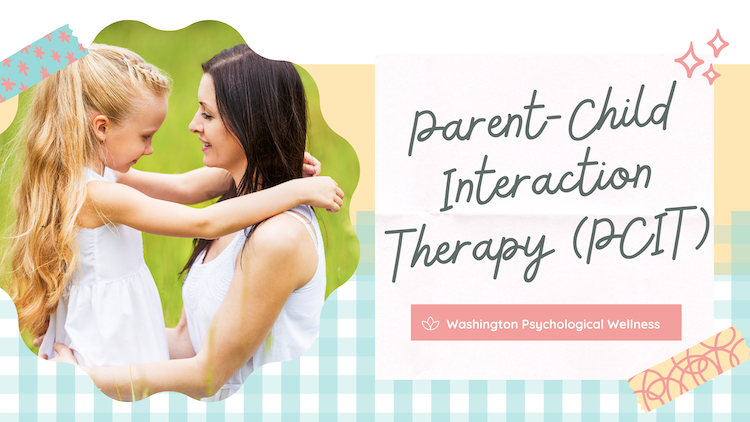The Benefits of Parent-Child Interaction Therapy (PCIT)
What is Parent-Child Interaction Therapy (PCIT)?
Parent-Child Interaction Therapy (PCIT) is one of the emerging therapeutic models proven to effectively treat developmental and mental health difficulties in children, such as ADHD, oppositional defiance disorder, anxiety disorders, and mood disorders.
As a parent of a child who has trouble with these conditions mentioned before, you might be out of options. However, joining parent-child interaction therapy may help your child regain their confidence and learn coping skills they can use for life.
Parent-Child Interaction Therapy is a research-based, multisession treatment program designed to help parents who have a child with developmental or mental health difficulties through an effective relationship with their children.
The program aims to teach parents how to work together with their children to promote new ways of interacting to help the child acquire the life skills they need. The techniques that are a part of this therapy method can be used in natural settings and even when the therapist is not present.
The program is based on the idea that parents can have a better relationship with their children by being more involved in parenting, not just being permissive or authoritarian, but being empathic and helping their children grow up to be confident adults.

What Are Four Approaches to Parent-Child Interaction
There are four approaches to this method of therapy which include:
- Parent-Child Interaction Therapy for ADHD involves teaching parents how to help their children solve everyday problems through brief conversations with them. The therapists will teach parents different ways to communicate with their children effectively while encouraging adaptive coping skills training.
- Parent-Child Interaction Therapy for Anxiety Disorders helps children develop coping skills they can use for life by interacting with their parents. Therapists will help parents understand their child’s world of emotions and responsively deal with them.
- Parent-Child Interaction Therapy for Oppositional Defiant Disorder helps children feel less anxious about themselves and others through better communication with their parents. For example, children who have ODD experience a lot of anger and anxiety, but interacting with their parents, will help them learn how to control those feelings about themselves and others.
- Parent-Child Interaction Therapy for Mood Disorders helps children manage negative feelings through positive interactions with their parents. Therapists will teach parents how to understand their child’s emotions and be more responsive in a helpful way.
The Benefits of PCIT
Parent-child interaction therapy is a helpful way to help children grow up to be confident adults. It provides children with what they need to have a healthy relationship with their parents, and in turn, helps their parents have a closer relationship with their children.
If you are interested in learning more about this therapy method or other therapeutic services, please feel free to contact Washington Psychological Wellness today for a complimentary 15-minute initial consultation!
